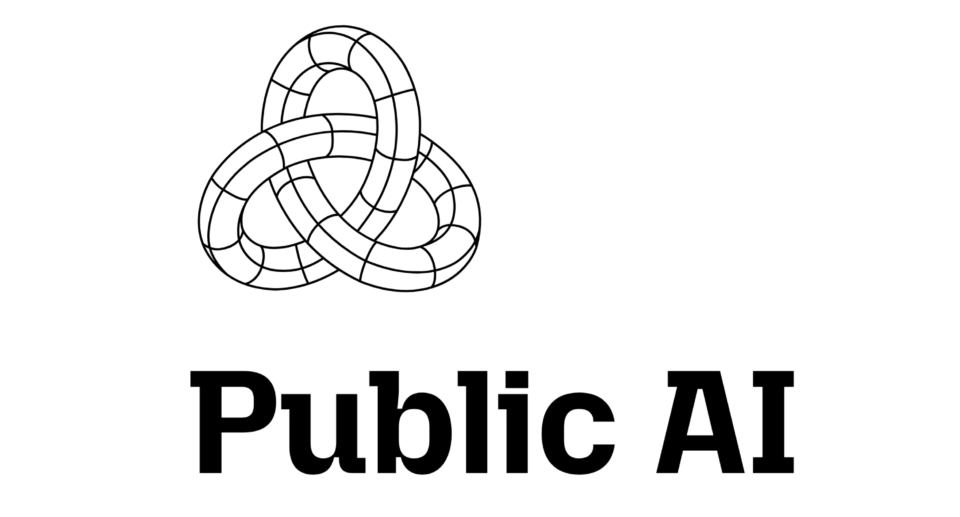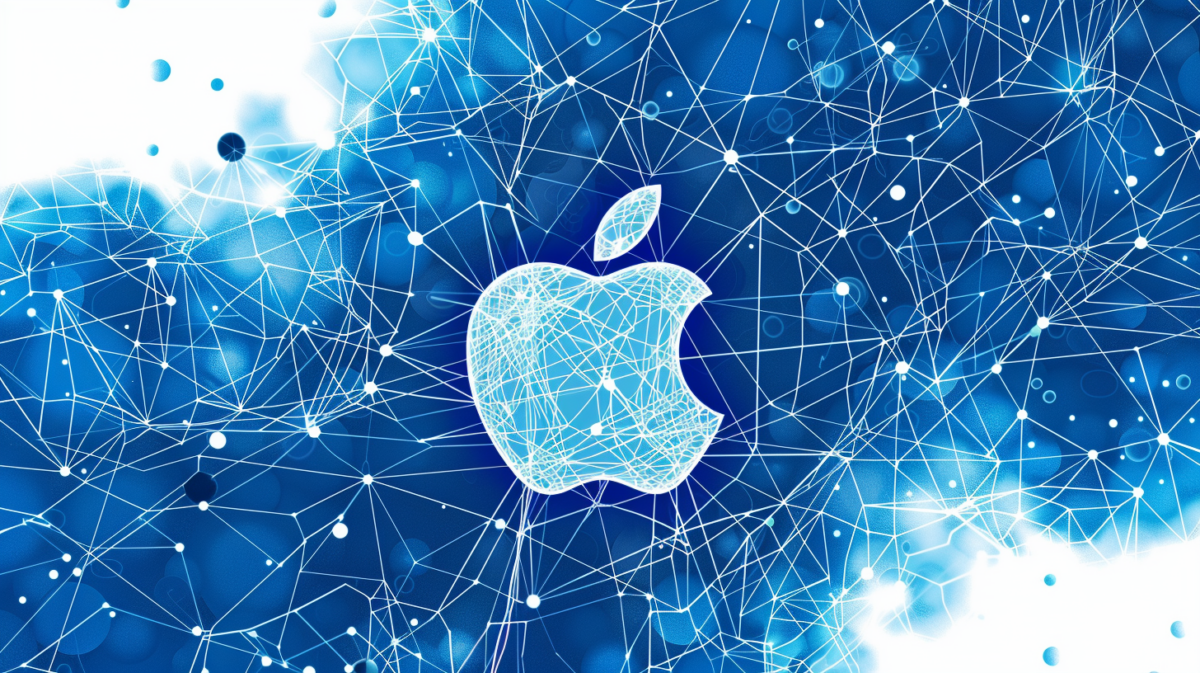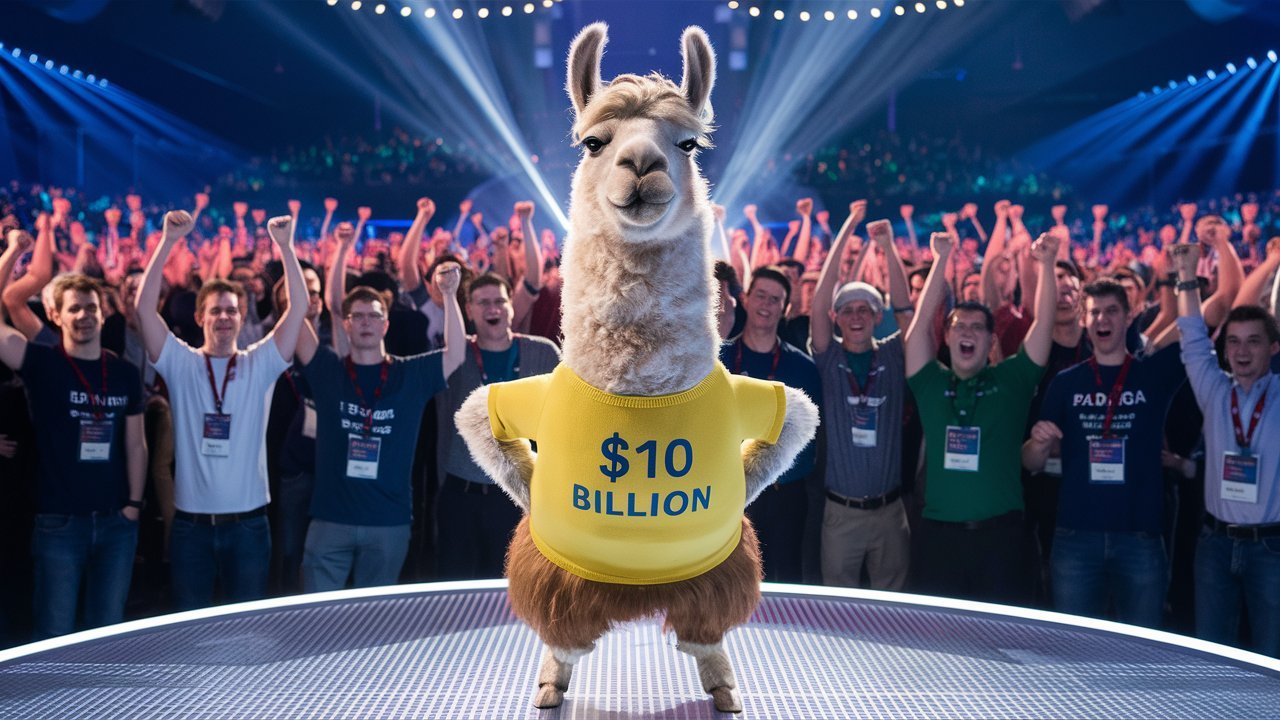Mozilla wants to build an AI ecosystem that serves the public good, not just profits

The Mozilla Foundation has released a study outlining a comprehensive strategy for “Public AI.” This initiative aims to create a network of public AI projects to balance out commercial AI developments and make AI technologies more accessible.
The plan focuses on promoting public goods, alignment, and use across all stages of AI development and deployment. The study’s authors argue that commercial players currently dominate the AI landscape, overlooking important applications that serve the public interest.
The study highlights neglected areas where AI could be beneficial, such as detecting illegal mining activities, promoting deliberative democracy or delivering medicines.
To address these gaps, the study proposes collaboration between developers, policymakers, academics, civil society organizations, and companies. This joint effort would create an ecosystem with three main objectives:
Ad
- Public goods: Provide open, accessible resources at all AI development levels, from computing power and data to models and tools.
- Public orientation: Focus on the needs of people and communities, especially those overlooked by the market.
- Public use: Prioritize AI applications that serve the public interest, particularly in areas neglected by the private sector.
The authors stress that “Public AI” is not meant to replace private companies. Instead, it aims to create an ecosystem where everyone – not just wealthy corporations – can shape and benefit from AI.
Recommendations for key stakeholders
The study offers specific recommendations for various groups:
- Developers: Collaborate on open AI infrastructure and build competitive alternatives to private AI.
- Policymakers: Invest in open AI infrastructure and prioritize public AI solutions in government procurement.
- Academics: Focus research on gaps in public AI.
- Civil society organizations: Support the development of AI applications for public use and provide philanthropic funding.
- Companies: Make models and tools available as open source.
- General public: Participate in identifying use cases for public AI and use its products.
The authors emphasize the importance of an international, cross-sector approach to prevent any single player from controlling AI’s future.
Mozilla’s commitment to Public AI
The Mozilla Foundation plans to strengthen its commitment to public AI by expanding the Common Voice platform to provide multilingual language data for AI models, as well as supporting startups and innovators developing public AI tools
The study estimates that over $850 million has been invested in public AI labs in the past five years, including the Allen Institute for AI in the USA, Kyutai in France, and AI Singapore. The authors view this as a crucial step toward building a public AI infrastructure that is not dependent on large AI companies’ generosity and incentives.
Recommendation











